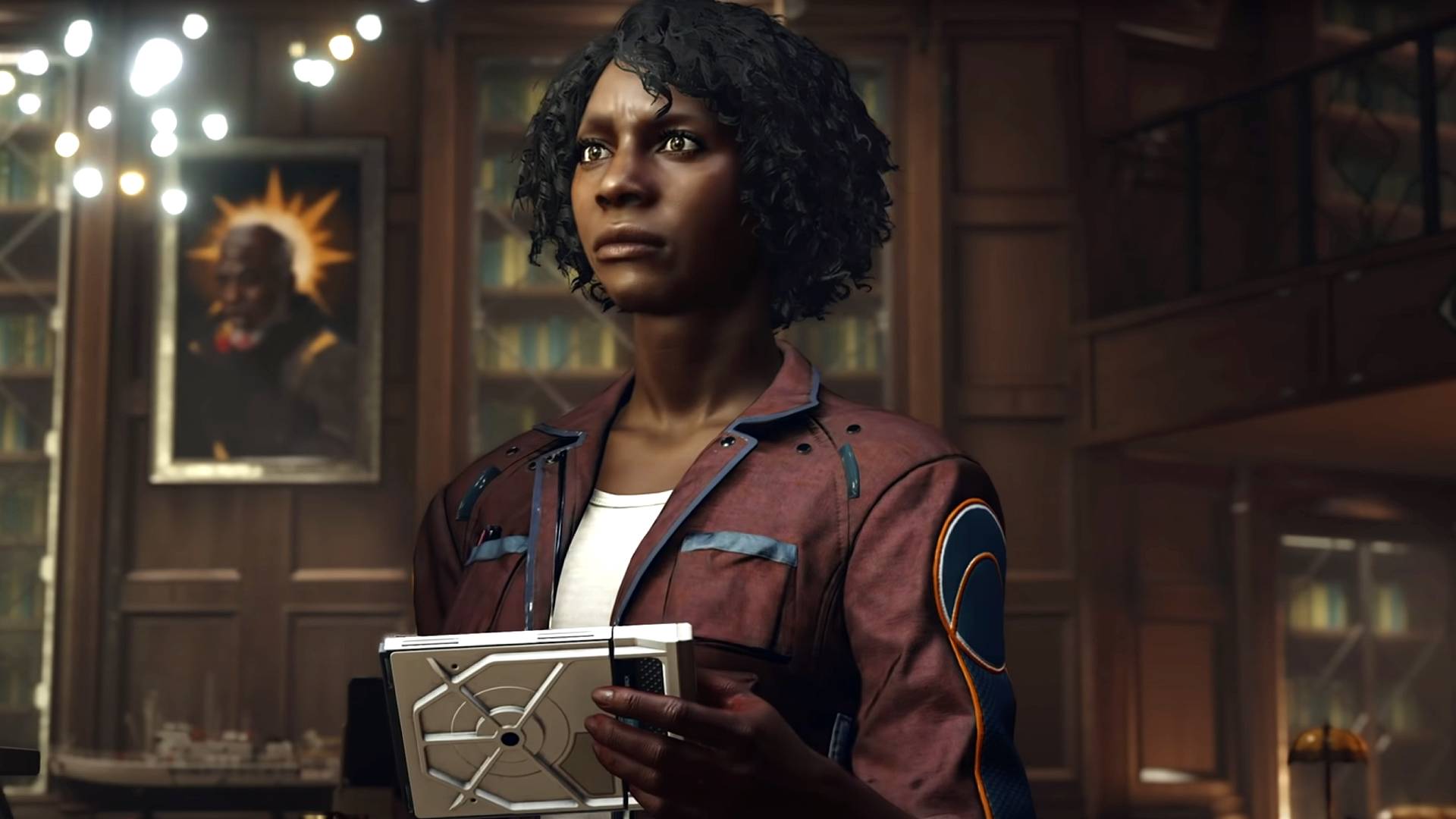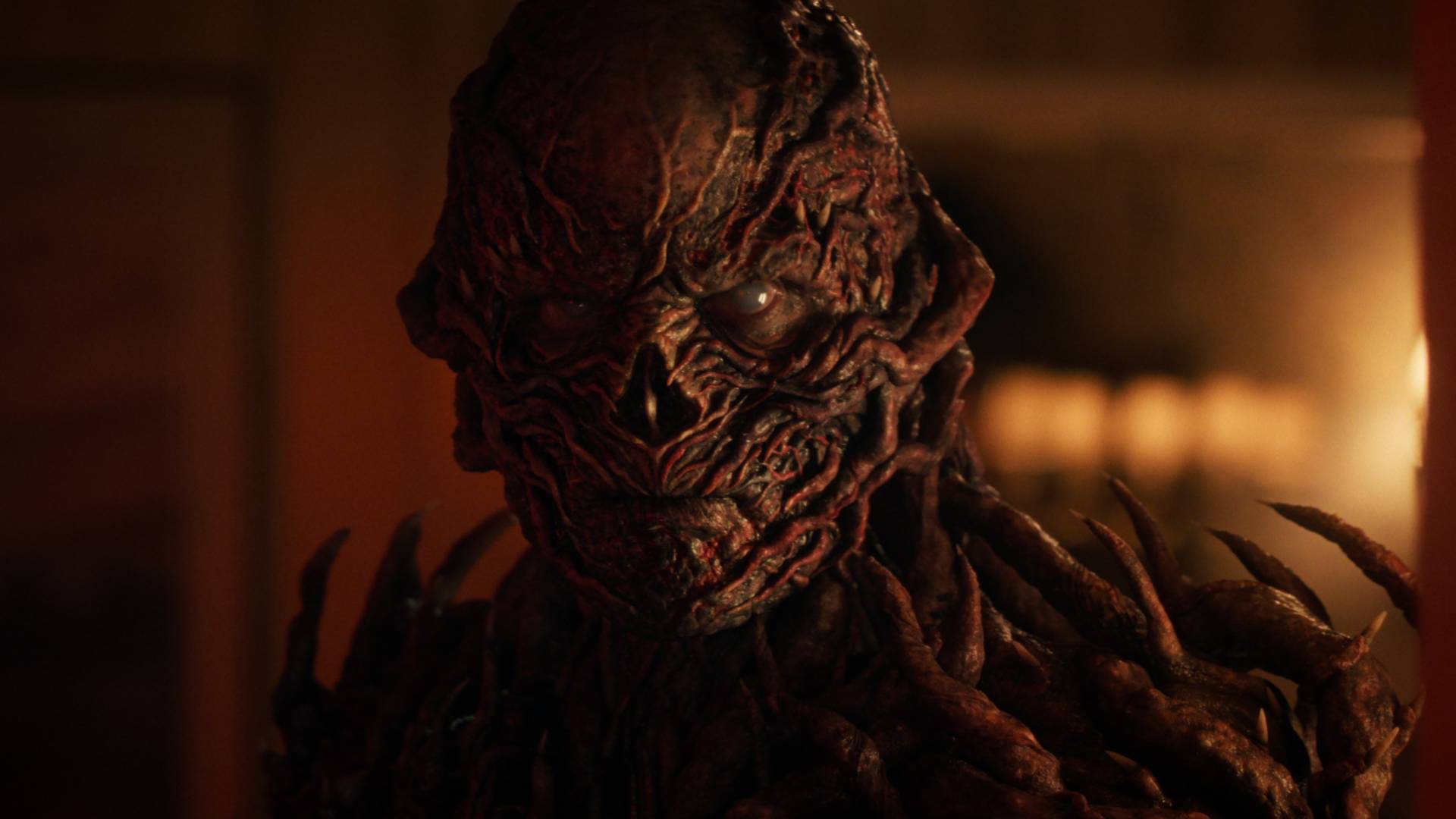Bethesda responding to negative Starfield reviews is no surprise, say indie devs who do the same: "This is becoming industry standard"
"It makes a big difference when it comes to the algorithm"

Bethesda's enduring a fair amount of ridicule for its responses to negative Starfield reviews, but according to some indie devs who do the same, this sort of thing is quickly becoming standard practice in the industry.
For months, Bethesda customer support has been responding to individual negative Starfield reviews on Steam. The responses come from a handful of Bethesda-associated accounts, all offering similar encouragements to try playing the game in different ways to get the most out of it, noting that future updates are coming, and, in some cases, insisting that the game simply isn't boring.
"For those who aren’t familiar, this is becoming industry standard," indie developer Xalavier Nelson Jr notes on Twitter. "Because of how important of a role Steam ratings play, and the proven ability to sometimes flip negative reviews based off of simply interacting with a user, it’s spreading. This is just a very big game doing it."
"Yep, we've been doing this for a few years now," Dillon Rogers of New Blood Interactive agrees. "A lot of people will flip their review if you reach out and let them know you're working on the issue or helping them resolve a bug. It makes a *big* difference when it comes to the algorithm, actually."
Steam has had built-in mechanisms to let developers respond to individual reviews for about as long as it's allowed user ratings, and similar mechanisms have existed for ages on platforms with similar types of user reviews, like Yelp. The difference for Bethesda with these Steam responses is that they feel less like they're directly responding to points of feedback, and more like they're telling players they're wrong for not having fun.
"The issue isn't replying - it's the inauthentic tone and copy pasted corporate responses," as New Blood boss Dave Oshry adds on Twitter. Check out the dev responses to the negative reviews on New Blood's Gloomwood for an example of something more palatable. You'll generally get a quick thanks for the feedback and a comment that a particular issue is set to be addressed in an impending update.
Everyone's pretty quick to acknowledge that Bethesda's particular implementation of this tactic isn't getting the tone right. "So is it weird? Absolutely," Nelson acknowledges. "Will it continue to be used - and be used MORE - as Steam ratings play a role as the visible marker of a video game’s reputation? Absolutely."
Weekly digests, tales from the communities you love, and more
It's worth noting that Valve insists Steam ratings don't have that much of an effect on algorithm visibility. In a breakdown of how the Steam search algorithms work back in October, Valve noted that once a game gets above the 'negative' rating into 'mixed' or better territory, there's no meaningful effect on a game's visibility in the story. But for now, Starfield's sitting at a not-so-nice 69% rating, just shy of the 70% needed to go from 'mixed' to 'mostly positive.' Even if it doesn't meaningfully affect the game's algorithm placement, I have a feeling that blue text will look much nicer to Bethesda than the current yellow warning.
If you want something similar but different, check out the best games like Starfield.

Dustin Bailey joined the GamesRadar team as a Staff Writer in May 2022, and is currently based in Missouri. He's been covering games (with occasional dalliances in the worlds of anime and pro wrestling) since 2015, first as a freelancer, then as a news writer at PCGamesN for nearly five years. His love for games was sparked somewhere between Metal Gear Solid 2 and Knights of the Old Republic, and these days you can usually find him splitting his entertainment time between retro gaming, the latest big action-adventure title, or a long haul in American Truck Simulator.


